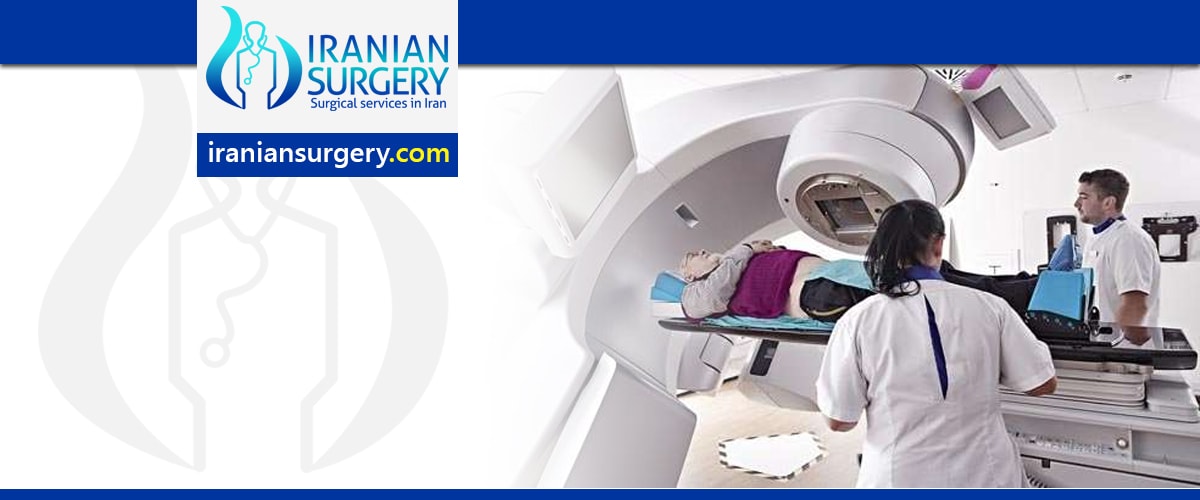Advantages and Disadvantages of Radiation Therapy

Radiation Therapy Advantages and Disadvantages
Radiotherapy side effects
Pros:
The advantages of radiation therapy include:
. Death of a large proportion of cancer cells within the entire tumor (there are minimal, if any, cancer cells are left behind in small tumors; thus, radiation alone may be used to cure certain small tumors)
. Death of microscopic disease at the periphery of the tumor that would not be visible to the naked eye (e.g. at the time of surgery)
. Ability to shrink tumors (which may help to relieve mass effect; or it may be done before surgery, to convert certain patients from unresectable to resectable status)
. Relative safety for the patient (radiation can be delivered from outside of the body and focused on the tumor, is painless, and generally does not require anesthesia)
. Synergy with systemic therapy (i.e. the ability to kill more cells together than either therapy could do alone)
. Organ preservation (e.g. not removing a breast, larynx, or part of the gastrointestinal tract, which would have significant negative impact on a patient’s quality of life
. Possible stimulation of an immune response against the tumor
Read more about : Chemotherapy Procedure
Read more about : Chemo side effects
Cons:
The disadvantages of radiation therapy include:
. Damage to surrounding tissues (e.g. lung, heart), depending on how close the area of interest is located to the tumor
. Inability to kill tumor cells that cannot be seen on imaging scans and are therefore not always included on the 3D models (e.g. in near-by lymph nodes; metastatic disease) of radiation planning
. Inability to kill the all cancer cells in tumors (this is true in particularly large tumors)
. Inability to relieve mass effect (i.e. the pushing of tumor on surrounding normal structures) in certain parts of the body (e.g. brain), thereby requiring surgery
. Poor killing of cancer cells in areas that do not have a good supply of oxygen (e.g. in an area after surgery; in a limb with poor blood supply)
. Increased incidence in wound complication and poor healing (e.g. if surgery is used after radiation; or in parts without good circulation)
. Inconvenience of radiation therapy (e.g. in some cases it must be delivered daily, 5 days per week, for 1-2 months)
. Contraindications to radiation therapy (e.g. prior radiation; certain medical disorders)
Source:
. https://www.cancerquest.org/patients/treatments/radiation-therapy


1 Comment
Thanks for helping me understand the benefits of radiation therapy benefits. I found it interesting that you discuss that radiation helps shrink tumors that help relieve the mass effect. It can kill cancer cells, and most of all, this helps in organ preservation for no organs that need to be removed, such as the breast, thyroid, or any part of the body’s negative impact on a patient’s quality of life.